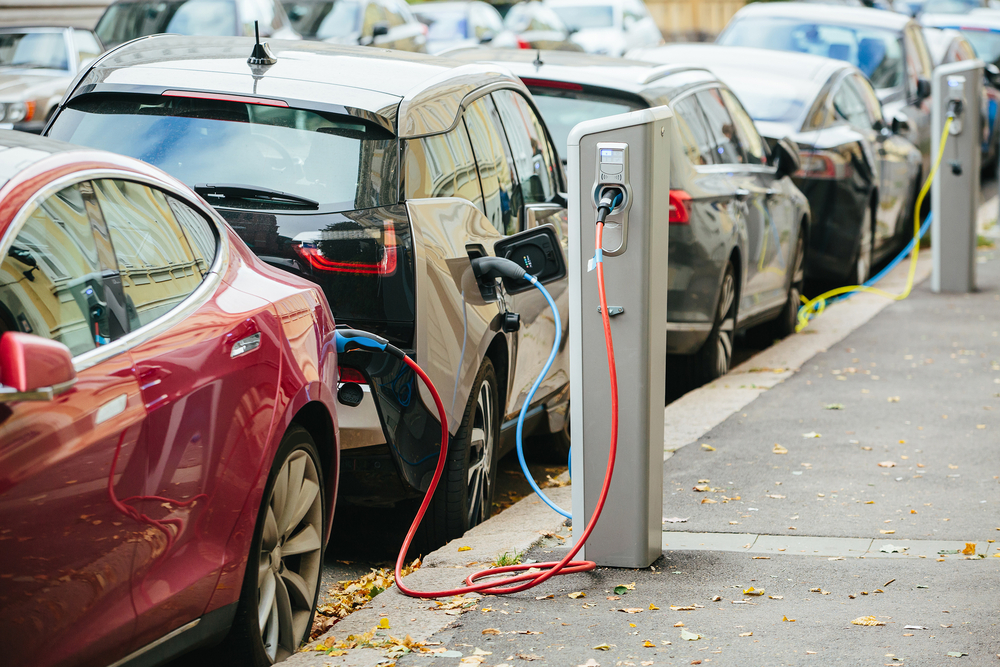Advantages of Transitioning to Electric Vehicles Over Traditional Gas Cars
Discover the advantages of switching from traditional fuel vehicles to electric cars. Learn about cost savings, environmental benefits, top models, and why EVs are shaping the future of transportation. With ongoing technological advancements and government incentives, adopting electric vehicles is increasingly practical and sustainable for drivers aiming for efficiency and eco-friendliness.

Why Opt for an Electric Vehicle Instead of a Conventional Fuel Car
Have you considered switching from traditional fuel-powered cars to electric vehicles?
Electric vehicles are gaining popularity due to advancements in battery technology and innovative features. Although challenges remain, such as limited range, higher initial cost, and sparse charging infrastructure, leading manufacturers like Volvo and Tesla continue to focus on making affordable electric cars. They aim to shift public perception and produce more budget-friendly options. While all vehicles involve expenses, electric cars with electric motors can lead to significant savings over time compared to combustion engine vehicles.
Here’s essential information about electric vehicles.
What defines an electric vehicle?
An electric vehicle (EV) is a car powered by one or more electric motors, fueled by rechargeable batteries.
EVs typically cost less to operate—traveling the same distance is less than half the cost compared to traditional cars. They consume less fuel overall.
Electric vehicles eliminate the need for oil changes and other maintenance tasks like replacing spark plugs, air filters, or fan belts, since they have fewer moving parts.
Benefits of Choosing an Electric Car
include:
Lower running costs.
Reduced maintenance expenses.
Environmental friendliness, producing less pollution.
Enhanced safety features.
Top Electric Car Models
The 2018 Nissan Leaf priced around $33,900 is perfect for families.
The BMW i3 at approximately $44,320 is ideal for city commuting.
Hyundai Kona Electric, a versatile family vehicle, costs about $41,702.
The Jaguar I-Pace combines luxury styling with electric power.
Tesla Model S offers high performance for short trips with room for 5-7 passengers.
Renault Zoe is the most affordable EV at $18,250, suitable for city life.
The Hyundai Ionic Electric provides various powertrain options at roughly $38,445.
Tesla Model X, a crossover with unique gullwing doors, seats five comfortably and costs around $97,785.
Volkswagen e-Golf offers quiet operation and modern features for about $41,720.
Kia Soul EV is compact and ideal for urban travel, priced at approximately $39,120.
Smart Fortwo Electric offers compact city driving at about $20,870.
Volkswagen e-Up exemplifies quality German engineering at around $26,085.
Why are electric vehicles considered superior to traditional gas cars?
Electric cars cost less overall due to lower fuel and maintenance costs.
They produce zero tailpipe emissions, benefiting air quality.
Charging at home or work saves time compared to frequent visits to gas stations.
They play a crucial role in reducing environmental impact and are the future of transportation.
Electric vehicles meet high safety standards and often achieve better safety ratings.
With fewer moving parts, EVs require less maintenance, saving money and effort.
Quiet operation inside and out provides a serene driving experience.
High torque delivers quick, smooth acceleration and excellent performance.
Some regions offer incentives, rebates, or tax credits for electric car buyers.
Electric cars benefit from dedicated parking spaces and other privileges, making parking easier.










